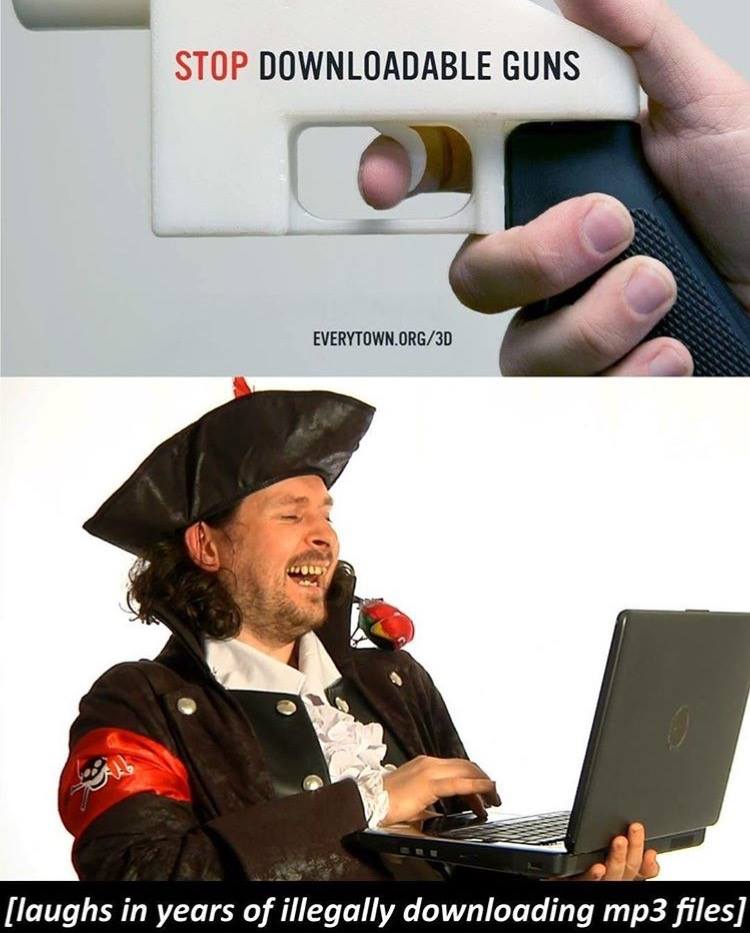A federal judge may have told Defense Distributed that it couldn’t provide its already widely available 3D printer files but the saga hasn’t ended. Since Defense Distributed can no longer provide its files for free, it will sell them on a USB drive:
AUSTIN, Texas—During what he called his first ever press conference, Defense Distributed founder Cody Wilson announced Tuesday that he would continue to comply with a federal court order forbidding him from internationally publishing CAD files of firearms. Wilson said he would also begin selling copies of his 3D-printed gun files for a “suggested price” of $10 each.
The files, crucially, will be transmitted to customers “on a DD-branded flash drive” in the United States. Wilson also mentioned looking into customer email and secure download links.
Now that the files aren’t leaving the United States, the primary argument being used to censor Defense Distributed is no longer in play.
What I find just as funny as Wilson’s unwillingness to roll over like a good little slave is how he has also become the biggest thorn in the side of gun control advocates seemingly out of nowhere. For decades gun control advocates have focused all of their attention on the National Rifle Association (NRA). While the NRA has acted as the 800 pound gorilla in the room, it has also been an extremely moderate organization. The NRA never pushed anything truly radical. Then along came Cody Wilson. He advocated something truly radical, the complete abolish of the State and by extent gun control. He also showed the world the biggest weakness in the concept of gun control: that guns a mechanically simple devices that can be manufactured with relative ease. While gun control advocates are trying to censor him, he has already done is damage. The world knows that firearms can be easily manufactured. Moreover, the designs for some basic firearms that can be created with a 3D printer have been released to the Internet and are therefore impossible to censor.
